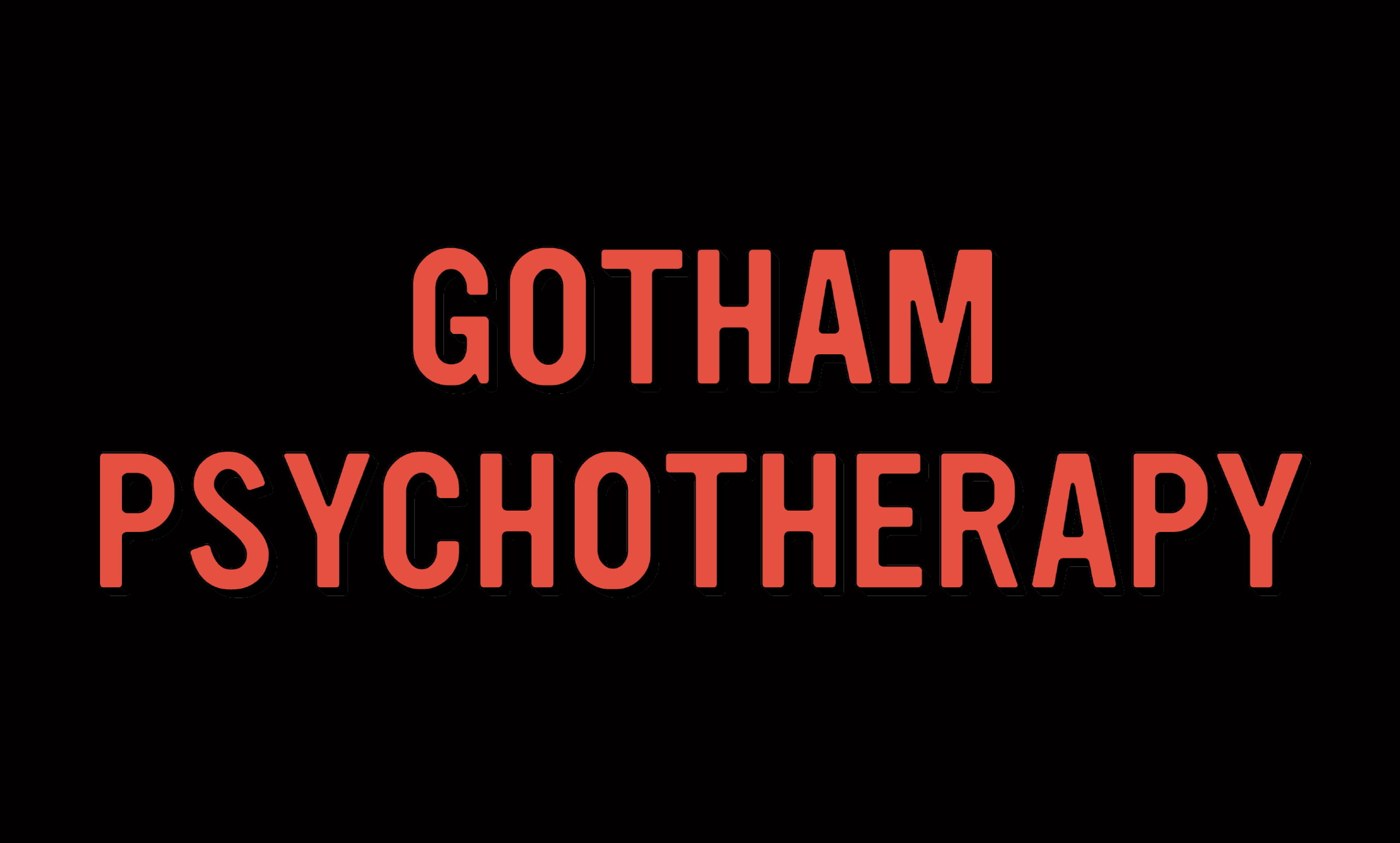Psychotic Disorders
What is a Psychotic Disorder
Psychotic disorders are serious mental health conditions that affect how a person thinks, perceives, and relates to the world around them. They are characterized by a loss of contact with reality, which may include hallucinations, delusions, disorganized thinking, or unusual behaviors.
While these symptoms can be distressing and disruptive, psychotic disorders are treatable, and many patients are able to lead meaningful and fulfilling lives with proper care.
At Gotham Psychotherapy, treatment for psychotic disorders is grounded in compassion, evidence-based practice, and individualized support.
Types of Psychotic Disorders
Psychotic disorders involve disruptions in perception and thought that make it difficult for individuals to distinguish between what is real and what is not. These conditions often emerge in late adolescence or early adulthood, but they can occur at other stages of life.
Common psychotic disorders include:
-
Schizophrenia – Persistent symptoms such as hallucinations, delusions, and disorganized thinking
-
Schizoaffective Disorder – A combination of schizophrenia symptoms with mood disorder features such as depression or mania
-
Brief Psychotic Disorder – A short-term psychotic episode, often triggered by stress or trauma
-
Delusional Disorder – Ongoing, fixed false beliefs that are not in line with reality
-
Substance-Induced Psychotic Disorder – Psychosis resulting from drug or alcohol use or withdrawal
Causes and Risk Factors
The exact cause of psychotic disorders is not fully understood, but research suggests they develop through a combination of factors:
Genetics: A family history of psychotic disorders may increase risk
Brain Chemistry: Imbalances in neurotransmitters such as dopamine and glutamate
Environmental Factors: Trauma, stress, and adverse childhood experiences
Substance Use: Drugs such as cannabis, stimulants, or hallucinogens can trigger or worsen symptoms
Medical Conditions: Certain neurological or medical illnesses may contribute to psychosis
Treatment for Psychotic Disorders
Effective treatment often involves a combination of therapy, medication, and support services. At Gotham Psychotherapy, treatment may include:
Individual Therapy: Using evidence-based approaches such as Cognitive Behavioral Therapy for psychosis (CBTp) to reduce distress and build coping skills
Family Therapy: Educating and supporting family members to improve communication and reduce stress at home
Medication Collaboration: Working closely with prescribers to manage symptoms with antipsychotic medicationwhen appropriate
Psychoeducation: Helping patients and families understand the disorder, treatment process, and recovery strategies
Supportive Interventions: Building social, vocational, and daily living skills to improve quality of life
With consistent care, many patients are able to manage symptoms, reduce relapse risk, and lead fulfilling lives.
If you or someone you care about is struggling with symptoms of a psychotic disorder, early treatment can make a profound difference. The team at Gotham Psychotherapy is here to provide compassionate, evidence-based caretailored to individual needs.

